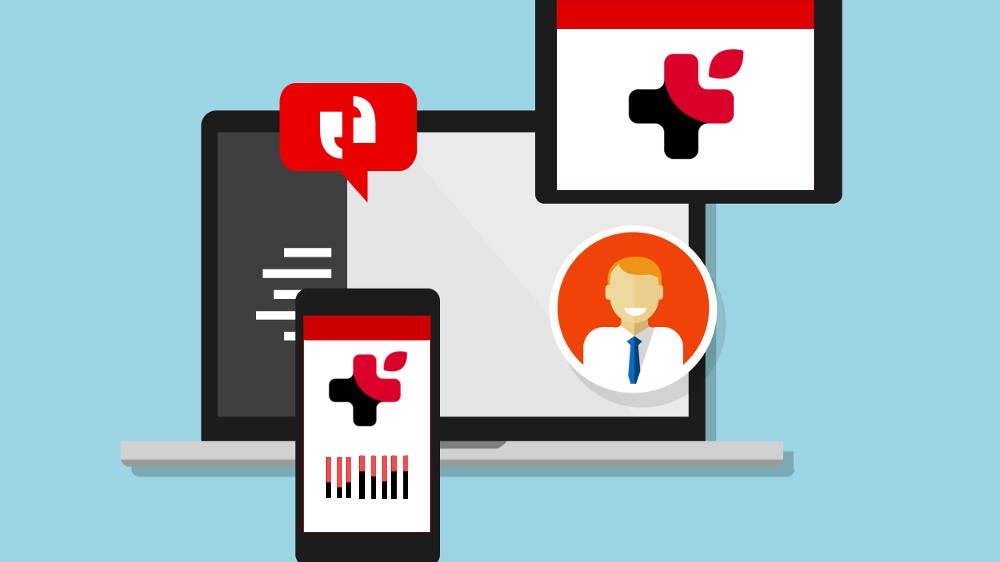When it comes to your health, knowledge and communication are two key factors that will save you time, money, and possibly even your life. Yet, why as Americans, do we find access to these two things so rare when it comes to our personal health records?
A Personal Story with Accessing Medical Records
Healthcare from a writer’s perspective: About a month after finding out I was pregnant with my first child, I moved a few towns over and switched hospitals. The new hospital asked me to fill out a medical records request form that would then be faxed to my previous hospital. It has been almost 4 months, and we still have not received my medical records…even after countless faxes and phone calls. Blame it on the hormones if you may, but I have literally broken down in tears while pleading with both my new and my previous hospital as to how I can possibly get my medical records.
Lucky for me, both my baby and I are healthy and not in need of immediate or emergency medical intervention. But that is not the case for all patients. Not everyone has the luxury of waiting months for their own medical records.
We typically have a pediatrician, primary care physician, specialty doctors, and then perhaps the hopefully rare emergency care. And let’s face it, these doctors are not meeting up for lunch on a regular basis to discuss your health history.
How do you maintain consistent knowledge and strong communication when it comes to your health? You don’t rely on fax machines, that’s for sure.
Where are my records?
All over the place! The main problem with the existing system we have for holding and obtaining records…is that there is no system. No centralized system at least.
As it is now, different healthcare organizations use different systems, which causes barriers in accessing and sharing medical records. This especially true when dealing with Electronic Medical Records (EMRs).
“The problem is that you have institutions whose business models do not favor sharing information, either with other hospitals or patients,”
—Ben Shneiderman, University of Maryland
Not only is not having easy and immediate access to all of your health care records frustrating…it’s dangerous. Without it you risk:
- Delayed Diagnosis and treatment
- Delayed access to critical information in emergency situations
- Rising incidence of chronic diseases and resultant need to cut costs
- Wasted time and money
A Better Way for a Healthy Life
Americans have moved way beyond looking up symptoms on webmd.com. People want real experiences and real prognoses. We live in a world where people share everything from what they ate for breakfast to photos of their child’s first moments in this world. The new generations want to draw information from those who have gone through what they are going through and then share their own experiences.
The social aspect of having a medical community helps patients feel empowered…like they are not alone in what they are going through. It’s as much for support as it is for gathering information.
Giving Power Back To The Patients
Information is power…and power can heal. When people have full access to their medical history, they are empowered to take charge of their health and able to take better care of themselves and their family.
A Solution for the Online Generation
Does anyone else find it difficult to believe that fax machines still even exist?! It seems only natural that in this age of smartphones, online communication and streaming information, we have instant, online access to all of our medical records.
The benefits of Personal Health Records are hugely significant at both a personal and an institutional level. Besides the obvious benefit of having all of your medical records at your fingertips at any given time, other advantages include:
- Reduction in errors due to illegible handwriting, lost information, and basic human error
- Immediate lifesaving alerts for dangerous pharmaceutical interactions
- Increase in communication between patient and doctor
- More proactive preventative care resulting from patient awareness
- Dramatic increase in both quality and efficiency of care
- Saving billions of dollars annually on healthcare as a nation
Personal Health Records are the most efficient and cost effective way to get medical records into the hands of those who need it most…the patient. When it comes down to it, you know yourself better than anyone, and you should be the one leading the charge to a healthy life.
Patientory simply collects your medical record history in one platform and connects you to patients with similar health issues and concerns.
Join the movement!
Sign up now : www.patientory.com

